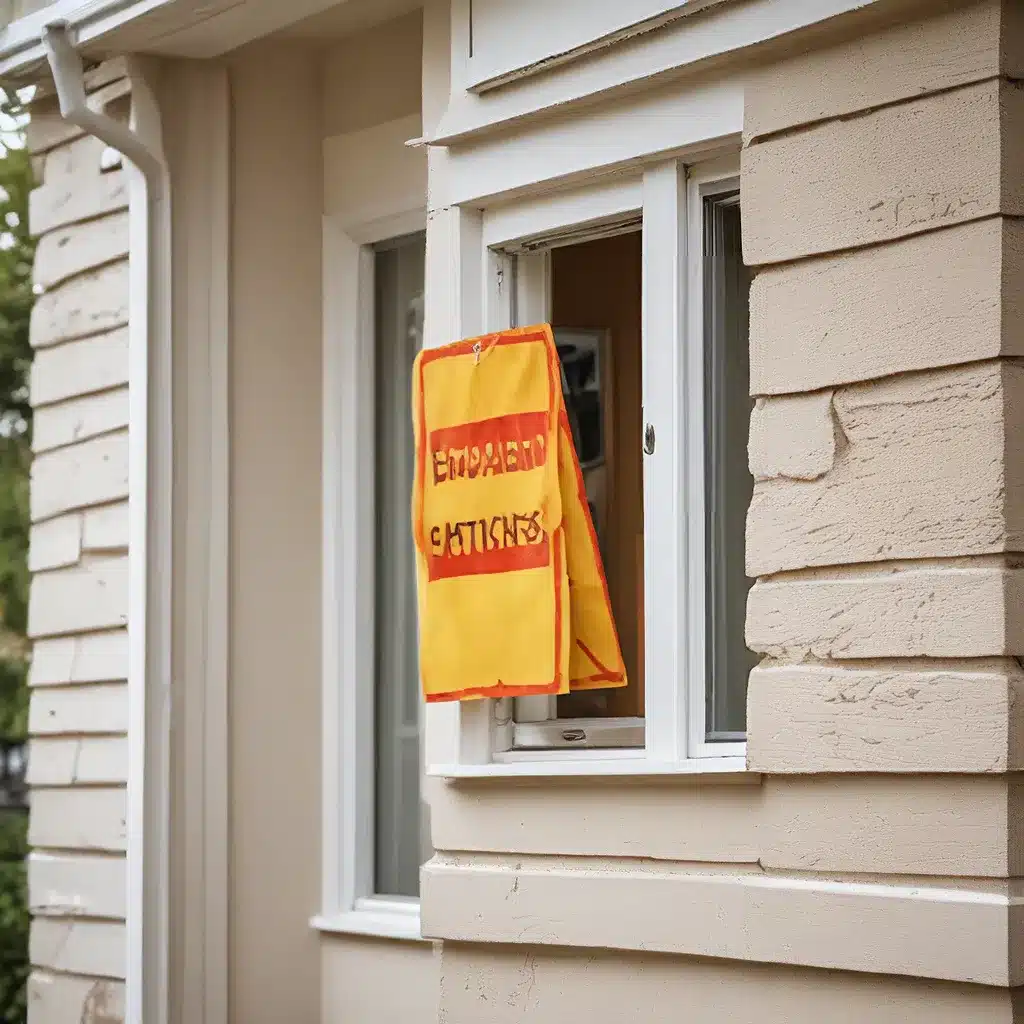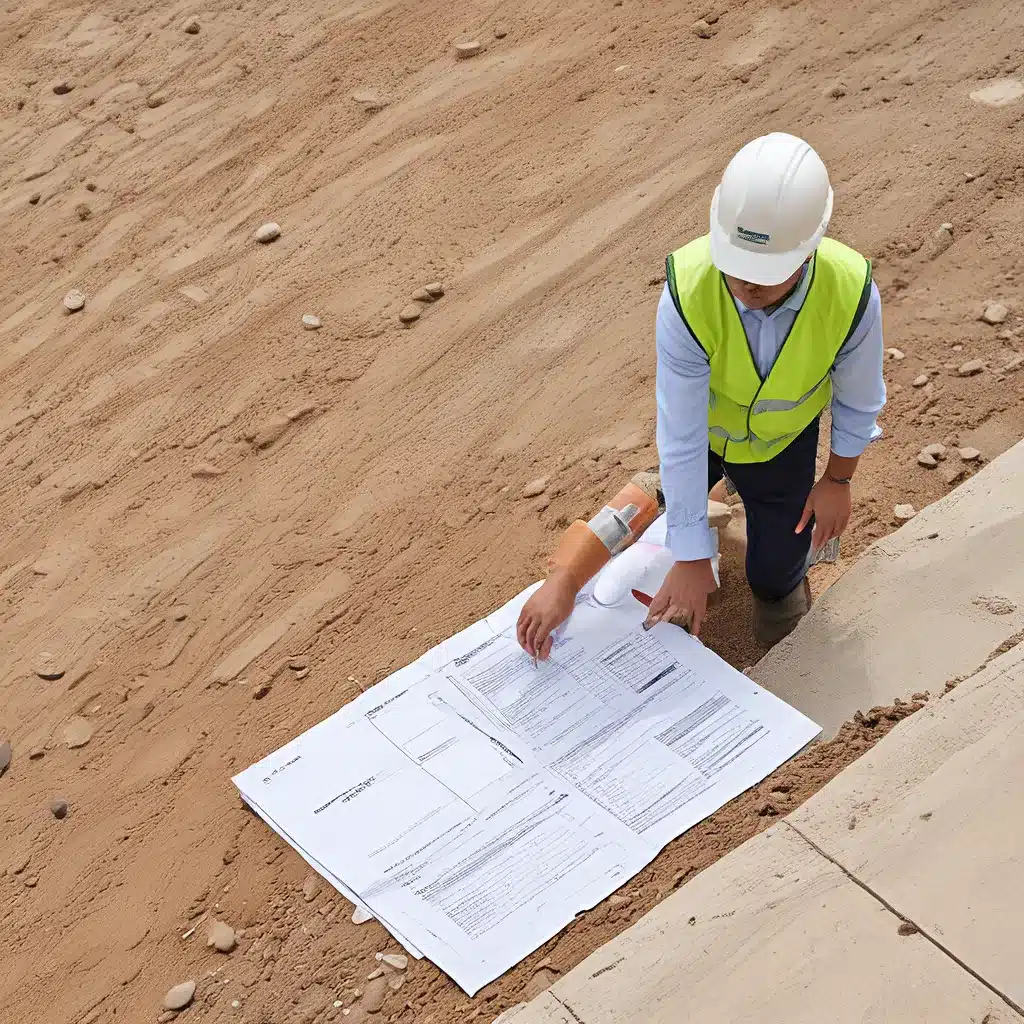
Secure Your Home: 5 Essential Safety Tips for Homeowners
Imagine this: You’re settling in for the night, cozy on the couch, when suddenly you hear a strange noise coming from the kitchen. Your heart starts racing as you slowly make your way to investigate, ready to face whatever lurks in the shadows. It’s a scenario no homeowner ever wants to experience, but one that many of us have likely played out in our minds.
As a first-time homeowner myself, I know the feeling all too well. That sense of vulnerability, the constant worry about the safety of your castle. When my spouse and I moved into our new place just outside of DC, we were thrilled to finally have a place to call our own. But with that excitement came a whole new set of concerns. What if someone tries to break in? How can we protect our valuables? What if there’s an emergency and we don’t know who to call?
Well, my fellow homeowners, I’m here to tell you that you don’t have to live in a constant state of fear. With the right precautions and a little bit of know-how, you can secure your home and enjoy the peace of mind you deserve. In this comprehensive guide, I’ll share five essential safety tips that every homeowner should have in their arsenal.
Tip 1: Invest in a Reliable Security System
When it comes to home security, the first line of defense is a well-designed security system. Now, I know what you’re thinking – those systems can be expensive and complicated to set up. But bear with me, because the benefits far outweigh the initial investment.
Think about it this way: your home is likely your most valuable asset, not to mention the irreplaceable memories and belongings it houses. Shouldn’t you do everything in your power to protect it? A good security system can deter potential intruders, alert you to any suspicious activity, and even notify the authorities in case of an emergency.
Pro Tip: Don’t just settle for the first security system you come across. Do your research, compare different providers, and look for features that align with your specific needs. For example, some systems offer remote access and monitoring through a mobile app, while others integrate with smart home devices for added convenience.
Tip 2: Reinforce Your Entryways
Now, let’s talk about the physical barriers that can keep your home safe. Sturdy doors and windows are essential, but they’re only as effective as the locks that secure them. Take a walk around your home and assess the condition of your entryways. Are the locks in good working order? Do they provide a sufficient level of protection?
If you’re not satisfied with the existing locks, consider upgrading to high-quality deadbolts or smart locks that can be controlled from your smartphone. And don’t forget about your garage door – it’s a common entry point for burglars, so make sure it’s equipped with a reliable security system.
Pro Tip: Don’t just rely on locks – reinforce your doors and windows with additional security features like door braces, window film, or even security doors. These extra layers of protection can make it much harder for intruders to gain access to your home.
Tip 3: Enhance Outdoor Lighting
Lighting is a surprisingly effective deterrent when it comes to home security. Strategically placed outdoor lights can illuminate the perimeter of your property, making it difficult for would-be intruders to lurk in the shadows.
Consider installing motion-activated lights near entryways, walkways, and any other areas that may be vulnerable to break-ins. These lights not only provide a bright and unwelcoming welcome for unwanted guests, but they can also help you navigate your property more safely at night.
Pro Tip: Don’t just stick to traditional incandescent or LED bulbs – explore energy-efficient options like solar-powered or smart lighting that can be controlled remotely. These can save you money on your energy bills while still keeping your home well-lit and secure.
Tip 4: Create a Neighborhood Watch
As the old saying goes, “safety in numbers.” While it’s important to take individual security measures, there’s power in working together with your neighbors to keep the entire community safe.
Consider organizing a neighborhood watch program or joining an existing one. This can involve regular meetings, coordinating communication channels, and even scheduling patrols or check-ins. By working together, you can create a strong network of vigilant eyes and ears that can help deter crime and respond quickly in the event of an emergency.
Pro Tip: Don’t be afraid to get to know your neighbors better. Building relationships and fostering a sense of community can go a long way in creating a safer and more supportive environment for everyone.
Tip 5: Prepare for the Unexpected
No matter how diligent you are about home security, there’s always the possibility of an unexpected emergency. That’s why it’s essential to have a plan in place and the necessary resources at hand.
Start by compiling a list of emergency contacts, including local authorities, utility companies, and trusted contractors. Keep this list in a easily accessible place, like on your fridge or in your phone, so you can quickly refer to it if needed.
It’s also a good idea to have a basic emergency kit stocked with essential supplies like flashlights, batteries, first-aid items, and non-perishable food. This can be a lifesaver in the event of a power outage, natural disaster, or any other unexpected event that disrupts your daily routine.
Pro Tip: Consider investing in a generator or portable power source to keep your home running during an emergency. This can provide peace of mind and ensure that you have the necessary resources to stay safe and comfortable until the situation is resolved.
By following these five essential safety tips, you’ll be well on your way to creating a secure and comfortable home environment for you and your loved ones. Remember, home security is an ongoing process, so be sure to stay vigilant, adapt to changing circumstances, and never underestimate the importance of being prepared.
Happy homeowning, my friends!
Related posts:
No related posts.




